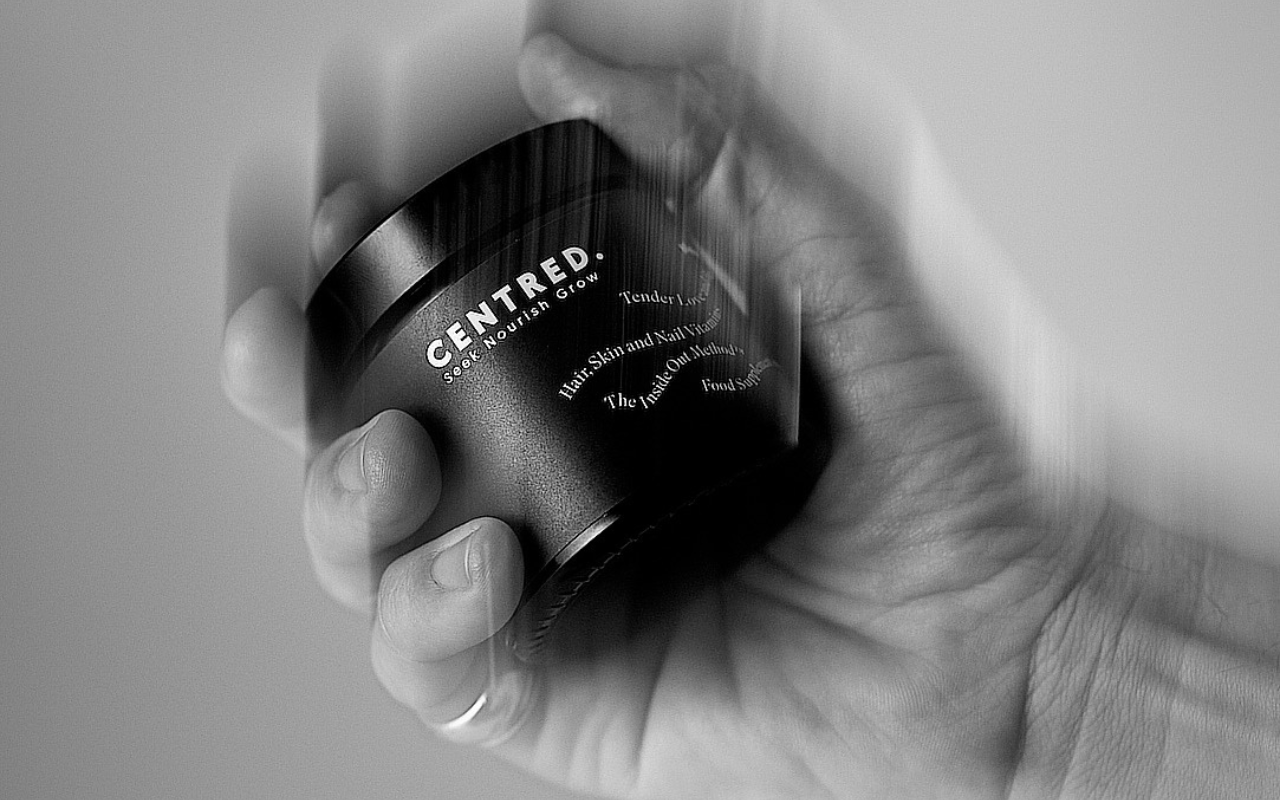Can stress affect my hair?
The short answer is Yes.
But that doesn’t mean it can’t be avoided. If it’s already happening to you then you’re in the right place. We want to help guide you back to a less stressed life and better hair health and it involves finding more balance and becoming more CENTRED.
Studies have shown that long-term stress can lead to hair loss. People of all ages suffer with hair loss and thinning hair including a growing number of younger people. There’s very good evidence to suggest this could be as a result of an increase in vegetarian and vegan diets but also due to life’s increasing demands and the stress it brings on.
Maybe you could be experiencing both of these factors combined and if you are noticing your hair thinning or not being what it used to be, trust us, you are not alone. All of us have felt stressed at some point, but it can affect us all very differently.
What is stress and why does it affect our hair?
Stress is the body’s reaction to changes in circumstances that require a response. The changes the body makes can be physical, mental and emotional responses. For example a physical response like an increase in heart rate and higher blood pressure and an emotional state of fear and anxiety. The fast pace of modern life means there’s an increase in the amount of circumstances that can cause stress, such as work demands, emotional stress from trauma and social media pressure to always ‘look good’.
Stress can be useful, especially in situations that require immediate action however long term stress left untreated can lead to health complications and hair and skin problems.
The link between stress and hair loss:
Stress hormones and chemicals cause disturbance in normal hair growth systems, causing some hair follicles to suddenly go in to a resting phase.
This type of stress related hair loss is known as Telogen Effluvium and will generally mean widespread hair loss over the scalp. The key to thicker fuller hair is to keep as many hairs in their ‘growing phase’ for as long as possible. So it’s clear to see why stress is very bad for hair.
The best way to combat this is to get stress levels under control which can be managed by a wide range of useful strategies, We have listed some of our favorites below, but the first thing to do is to bring an awareness of what kind of stress you are under, and start to address the route causes.
Relaxing practices we love are-
- Yoga
- Meditation & Mindfulness
- Reading
- Increasing sleep
- Taking a long bath
- Improving diet
- Exercise
- Talking therapy
- Reading
- Creating boundaries at work
- Taking walks in nature
- Appreciating life and breath
- Repeating calming affirmations

Natural, Vegan and Cruelty Free sustainable haircare.



